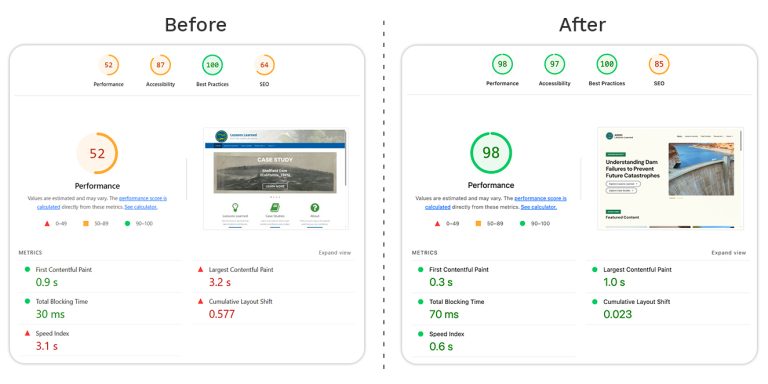
A new partnership between AI applications builder MindStudio and content payment firm TollBit helps websites monetize AI usage and ensure content creators get paid.
It also gives companies a legal, transparent way to access online data — avoiding the ethical and legal pitfalls of traditional scraping. According to TollBit, the collaboration supports a more ethical internet where AI can thrive without exploiting creators and where businesses can innovate responsibly.
Data scraping is a growing threat to e-commerce. AI bots extract pricing, product details, and proprietary content without permission, eroding competitive advantage and driving up infrastructure costs.
Scraping also skews analytics and exposes businesses to IP theft and security risks. To fight back, companies are deploying AI-driven defenses and tightening access controls to protect their digital storefronts.
The agreement reshapes how businesses access digital content. Instead of scraping, companies can now pay websites directly for data, offering a more efficient and ethical alternative.
According to TollBit Co-founder Toshit Panigrahi, this approach eliminates the ethical concerns associated with traditional web scraping and provides AI agent builders with a legitimate method for obtaining content directly from participating websites.
“With TollBit’s fluid payment system, content creators are compensated for their data, ensuring a transparent and ethical exchange,” he told the E-Commerce Times.
How TollBit Lets Sites Monetize AI Access
Table of Contents
TollBit clients are companies with openly accessible websites whose data is vulnerable to scraping. These include publishers, sites with user-generated content, and sites that allow end users to take action, such as e-commerce sites.
Using TollBit, participating websites can assign rates and set rules for autonomous (non-human) access to any URL. TollBit also provides companies with analytics and visibility into autonomous traffic.
Companies engaged in web scraping can use TollBit to access content and data on websites for a fee in exchange for licensing and a cleaner, more digestible version of the URL page. Websites can realize the actual value of their data, which would otherwise be prone to payment-free scraping.
“This creates a new revenue model for websites by allowing them to receive direct payments from AI agents for accessing their content. It provides an alternative to traditional ad-based revenue, allowing websites to monetize their data through direct transactions with AI agents. This creates a more sustainable way to generate income from their resources,” said Panigrahi.
Legal and Authorized Trumps Purloined and Pilfered
The platform provides transparency by offering content creators a way to monitor and manage data usage through advanced controls and analytics. Both data providers and consumers or AI agents can track the transactions, ensuring accountability.
“This setup allows websites to know how their data is being accessed while AI agents can use the data transparently and legally,” Panigrahi added.
The partnership circumvents anti-scraping measures by giving AI agents a legal and authorized method to access content. He noted that this reduces the reliance on increasingly restricted scraping and ensures ongoing access to valuable online resources.
The collaboration will also help improve AI model training and reduce bias. Directly accessing sourced data instead of scraped data ensures that AI models are trained on high-quality, accurate, and diverse content.
“Scraped data may be incomplete or biased, but by utilizing directly sourced and updated data through the partnership, the models are more likely to be fairer and more reliable,” observed Panigrahi.
Democratizing Access to Valuable Data Helps SMEs
Small and medium-sized enterprises (SMEs) may lack the resources for challenging large-scale scraping operations. The MindStudio-TollBit platform levels the playing field.
These organizations can receive direct payments for using their data to create new income-generating opportunities. Offering a transparent, consent-based system for data acquisition also ensures compliance with evolving legal and regulatory frameworks.
The result is the potential to reduce friction between content creators and data distributors. Websites are paid for their content, aligning with intellectual property laws and data privacy regulations.
“This provides a legally compliant model for AI development while mitigating the risks associated with unauthorized data scraping. Governance in AI is nascent, but this partnership pushes the conversation forward by giving a working example of how remuneration to content owners can happen at scale,” Panigrahi explained.
Precedent-Setting Deal for Future Data Partnerships
According to Panigrahi, there is potential for empowering content creators to have more control over how their data is used in AI models, thereby expanding the current focus on direct payments only.
“Content creators could be offered more tools to define specific usage terms, permissions, and collaborations with AI developers,” he suggested.
He added that it could lead to innovative forms of collaboration in which creators play a more active role in shaping how their content contributes to AI development.
Panigrahi predicted that, over time, this model could help foster a healthier digital ecosystem by ensuring fair compensation for content creators and reliable, ethical data usage for AI developers.
“This is especially important as autonomous visitors may make up an increasing percentage of website traffic,” he said.





